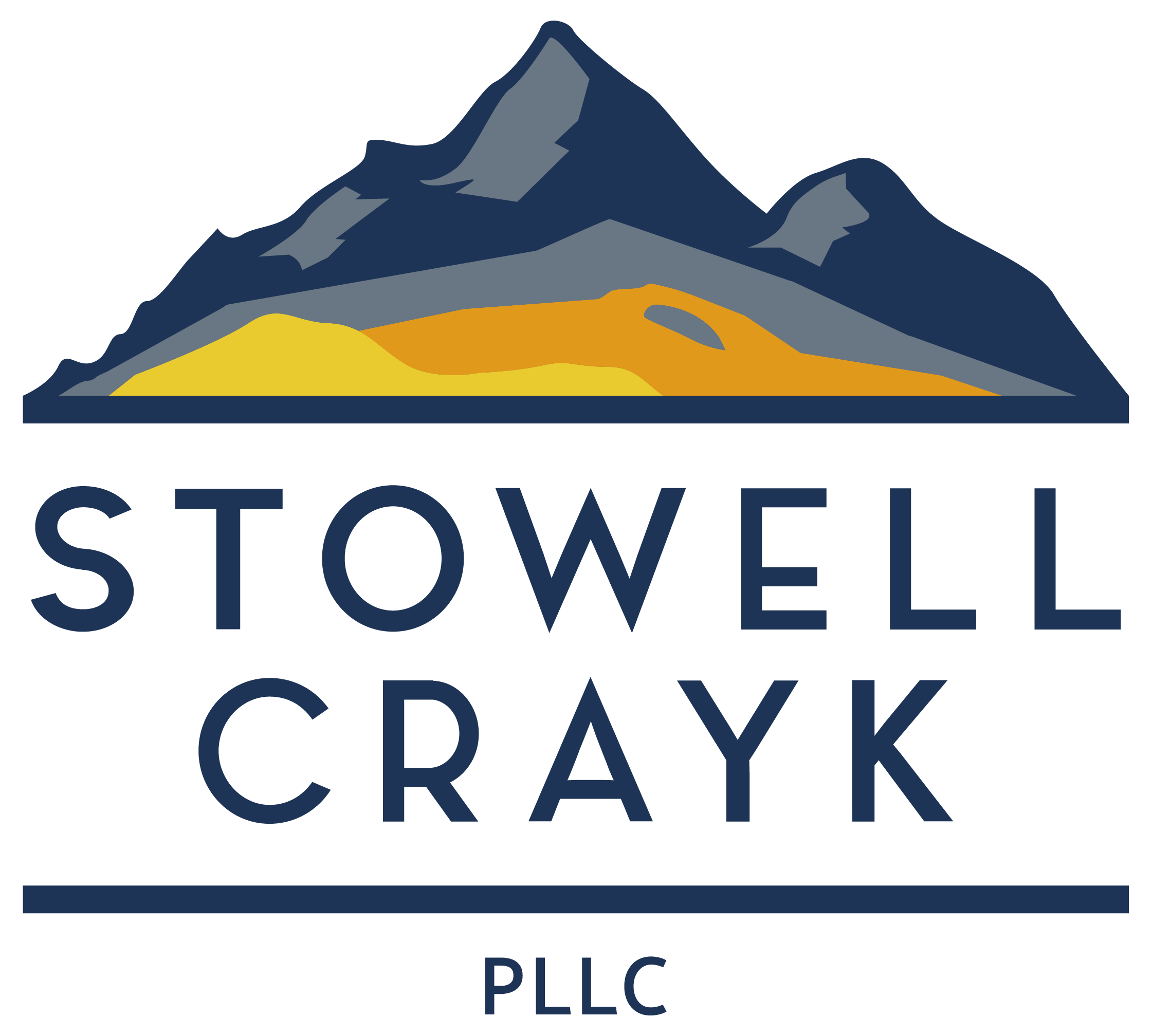In a significant legal development, a two-count indictment unsealed in U.S. District Court in Salt Lake City has charged 11 leaders and members of the Fundamentalist Church of Jesus Christ of Latter-day Saints (FLDS Church) with conspiracy to commit Supplemental Nutrition Assistance Program (SNAP) benefits fraud and conspiracy to commit money laundering. This indictment, unsealed on Tuesday, February 23, 2016, unveils a complex web of fraudulent activities allegedly perpetrated by prominent figures within the FLDS Church community.
The FLDS Church and Its Hierarchy
The FLDS Church, a religious group that splintered from the mainstream Church of Jesus Christ of Latter-day Saints (LDS Church) in the late 19th century, has long been associated with controversy and legal troubles. It is important to note that the fraudulent activity of the FLDS is not related to Mormon Church finances. Led by charismatic and authoritarian leaders, the FLDS Church operates as a closed community with its own distinct beliefs and practices. At the center of this indictment are individuals who hold positions of authority within the FLDS Church hierarchy.
Among those charged are notable figures within the FLDS Church hierarchy, including Lyle Steed Jeffs, brother of Warren Jeffs, who, in the physical absence of Warren Jeffs, is alleged to have handled the daily affairs of the organization, including its financial matters. Almost every criminal defense law firm knows Warren Jeffs as a notable criminal figure who abused and manipulated many individuals under religious pretenses for personal gain. The indictment also implicates Seth Steed Jeffs, another brother of Warren Jeffs, who leads a congregation of FLDS members in rural Custer County, South Dakota.
The Allegations and Legal Implications
The charges stem from allegations that the indicted individuals, including church leaders, engaged in a concerted effort to divert SNAP benefits from authorized beneficiaries to leaders of the FLDS Church for use by ineligible beneficiaries and for unapproved purposes. The indictment paints a troubling picture of misuse and misallocation of government assistance intended to support low-income individuals and families in purchasing food.
The severity of the charges underscores the government’s commitment to combatting fraud and ensuring the integrity of programs designed to assist vulnerable populations. U.S. Attorney John W. Huber emphasized that the indictment is not about religion but about addressing fraudulent activities that undermine the purpose of the SNAP program. While the FLDS follows many of the same beliefs as the Mormon Church, the two religions are separate entities. It is important to note that the fraudulent activity of the FLDS is not related to Mormon Church finances.
The investigation leading to these indictments involved collaboration between federal and local law enforcement agencies, including the FBI, IRS Criminal Investigation, the U.S. Department of Agriculture’s Office of Inspector General, and the Washington County Sheriff’s Office, among others. This multi-agency effort highlights the gravity of the alleged offenses and the determination to hold accountable those who exploit government programs for personal gain.
Eligibility for SNAP Benefits
The eligibility for Supplemental Nutrition Assistance Program (SNAP) benefits, formerly known as food stamps, is primarily based on household income and size. To qualify for SNAP benefits, individuals or families must meet certain income guidelines set by the federal government, which take into account factors such as gross income, net income, and deductions for certain expenses like housing, childcare, and medical costs. Additionally, eligibility criteria may vary slightly from state to state, as states have some flexibility in setting their own income limits and guidelines within federal parameters. Generally, households with incomes at or below 130% of the federal poverty level may qualify for SNAP benefits, while those with incomes slightly above this threshold may still be eligible for reduced benefits.
Apart from income, household size also plays a crucial role in determining SNAP eligibility. The size of a household includes all individuals who live and purchase food together, regardless of their relationship to each other. Each household member is counted when assessing eligibility, with larger households typically qualifying for higher benefit amounts. Additionally, certain individuals, such as elderly or disabled individuals, may be subject to different eligibility rules or may qualify for additional benefits based on their unique circumstances. Overall, SNAP eligibility is designed to ensure that low-income individuals and families have access to the nutrition assistance they need to afford an adequate diet and lead healthy lives.
Alleged Scheme and Misuse of Funds
The indictment alleges that the defendants orchestrated a scheme to divert SNAP proceeds to the FLDS Church’s communal clearinghouse, known as the FLDS Storehouse, under the guise of the “United Order,” a purportedly spiritual initiative within the church. The indictment details various overt acts undertaken by the defendants to facilitate the diversion of SNAP benefits and to evade detection by government authorities.
Furthermore, the indictment alleges that SNAP fraud proceeds were used to finance ineligible purposes, including the purchase of non-food items such as paper products and vehicles. The money laundering count of the indictment further underscores the alleged efforts to conceal the illicit origins of the diverted funds.
Potential Penalties and Legal Lessons
The potential penalties associated with the charges are severe, with the conspiracy count carrying a maximum sentence of five years in prison and the money laundering count carrying a maximum sentence of 20 years in prison. However, a criminal defense law firm knows that an indictment is not a finding of guilt, and individuals charged are presumed innocent until proven guilty in court.
As legal proceedings unfold, it is crucial to closely monitor developments in this case and uphold the principles of justice and accountability. Additionally, it’s imperative for individuals with knowledge or suspicions of SNAP fraud or other fraudulent activities to come forward and cooperate with law enforcement authorities.
Seeking Legal Assistance
For legal assistance and guidance regarding SNAP or related matters, individuals and organizations can turn to reputable law firms such as Stowell Crayk Law Firm. With their expertise in navigating complex legal challenges, firms like Stowell Crayk can provide invaluable support and representation to clients involved in criminal investigations or facing criminal charges.
Key Takeaways and Conclusion
In conclusion, the indictment of FLDS Church leaders on charges of conspiracy to commit SNAP benefits fraud and money laundering underscores the importance of upholding the integrity of government assistance programs and holding accountable those who seek to defraud them. Though many confuse the two religions, the crimes of the FLDS are unrelated to Mormon Church finances. While the FLDS follow many of the beliefs of Mormonism, they are not claimed by the Church of Jesus Christ of Latter-day Saints. Through collaborative efforts between law enforcement agencies and legal professionals, justice can be pursued, and the rights of all individuals can be protected. Through collaborative efforts between law enforcement agencies, legal professionals, and a criminal defense law firm like Stowell Crayk Law Firm, justice can be pursued, and the rights of all individuals can be protected.

